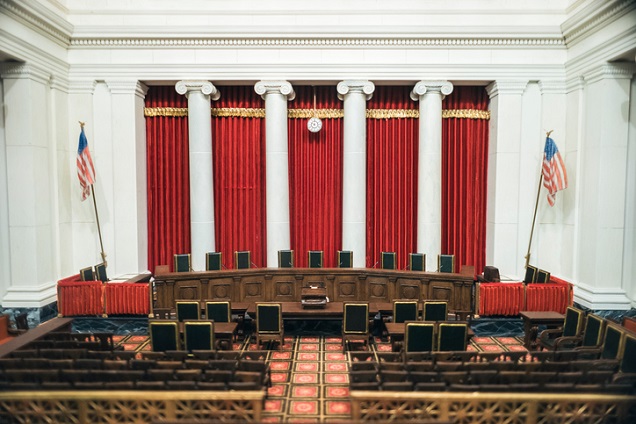
Non-Sequiturs: 06.24.18
* It's checkout time at the Supreme Court, and courtroom correspondent Mark Walsh is ready to reveal what's in his shopping cart. [SCOTUSblog] * Being cited by the Supreme Court is usually something to boast about -- but not always, as Adam Feldman notes in this thoughtful analysis of how much oral arguments matter. [Empirical SCOTUS] * Will Baude breaks down the Court's intriguing debate over stare decisis in South Dakota v. Wayfair. [PrawfsBlawg] * Joel Cohen looks at why the federal judiciary gets better treatment from the press than the other two branches of government -- and whether the differential is justified. [The Hill] * Orin Kerr identifies an interesting issue: if a police officer uses Google Translate to try and request consent to search from a non-English speaker in that person's own language, is the consent valid if Google Translate botched the translation? [Volokh Conspiracy / Reason] * There's a long and bipartisan tradition of... the federal government spying on reporters, as Charles Glasser explains. [Daily Caller] * Speaking of the media, Jean O'Grady points out a helpful new resource from CQ for consumers of news, along with tips for how to tell whether or not a story is "fake news." [Dewey B Strategic] * If reforms come to university boardrooms, let's hope they include law schools as well. [ProfessorBainbridge via Instapundit] * An interesting new use of voice-activated technology, courtesy of Wolters Kluwer: getting insights into federal tax law. [Artificial Lawyer] * If you'll be in New York on Tuesday, July 17, raise your glass with fellow young lawyers, summer associates, and law students, at the UJA's Summer Law Happy Hour. [UJA Federation of New York]


